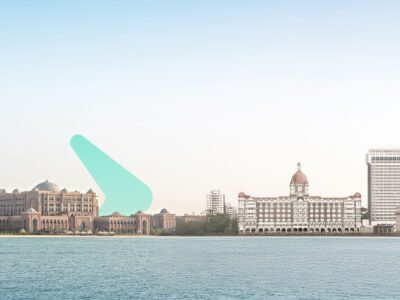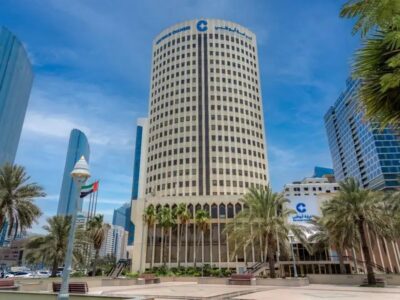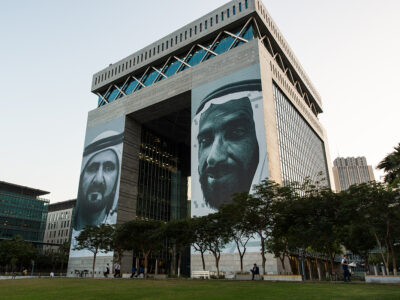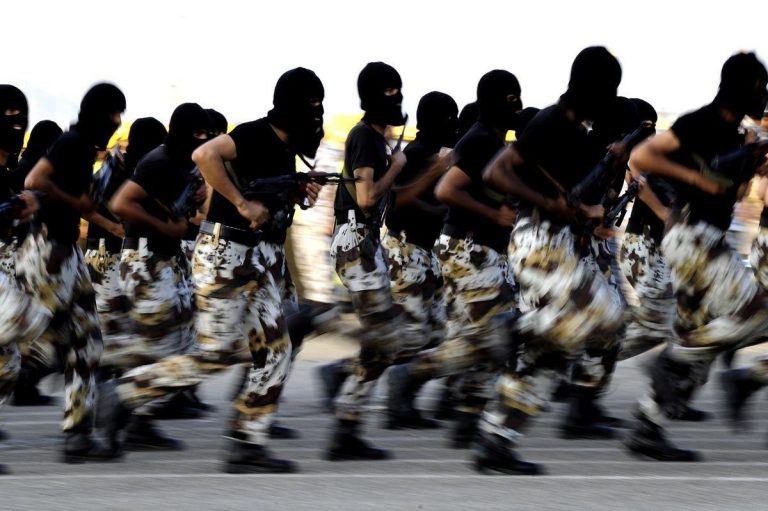Saudi Arabia has
prepared a plan to “rebuild and modernise” its armed forces as the
kingdom confronts regional risks, military Chief of Staff General Hussein
al-Qubail said.
The Saudi
military “is closely following the successive developments in the Middle
East and is fully aware of and understands the risks surrounding our
country and which may pose a threat to its national security,” al-Qubail
said in a speech, according to the official Saudi Press Agency. “With
the support of our government they will be able to address those risks.”
Deputy
Defence Minister Prince Khalid bin Sultan bin Abdulaziz oversaw the
preparation of the plan, which will be presented to Defence Minister
Prince Salman bin Abdulaziz al Saud at a later date, the Riyadh-based
news service cited al-Qubail as saying.
Saudi
Arabia, the Arab world’s largest oil supplier, hasn’t experienced the
popular uprisings in the Middle East that led to the toppling of leaders
in Tunisia, Egypt and Libya this year.
Saudi Arabia sent troops into
Bahrain in March to crush a mainly Shiite-led uprising after accusing
Iran of interfering in the affairs of the Gulf country. Iran
denies the allegation and accuses Sunni rulers in Bahrain and Saudi
Arabia of discriminating against Shiites.
“Externally,
the Saudis see their greatest threat as Iran, with its potential
nuclear bomb capability and aggressive goals in the region,” Paul
Sullivan, a political scientist specializing in Middle East security at
Georgetown University in Washington, said in an e-mailed response to
questions. “The Saudis see a potentially more violent Iraq as also a
problem. The Arab Spring is threatening to them.”
King
Abdullah appointed Prince Salman as defense minister on November 5 after
naming Nayef bin Abdulaziz al Saud, 78, as the crown prince. The
appointments followed the death of Prince Sultan on October 22. Sultan was
formerly both crown prince and defense minister.
Sultan, who
was appointed minister of defense and aviation in 1963, oversaw the
expansion and modernisation of the Saudi military into a force that
participated in the US-led war to oust Iraqi forces from Kuwait in
1991.
Saudi troops also fought Houthi rebels along the nation’s southern
border with Yemen in a three-month battle that ended in February 2010.
Saudi Arabia
has 233,500 active military personnel under arms, including 75,000 in
the army and 13,500 in the navy, according to data from the
International Institute of Strategic Studies. The Arab world’s biggest
economy allocated SR170bn ($45.2bn) for defense
spending in 2010, according to data from the institute.
“A new
defense strategy will take lessons learned from the Houthi war in Yemen,
events in Bahrain, Egypt, and Syria, as well as the continued threat
from Iran,” Theodore Karasik, director of research at the Institute for
Near East and Gulf Military Analysis, said in response to e-mailed
questions. “The armed forces will likely seek to modernize in such a way
that brings technological advancement and better defensive
capabilities.”
Saudi
Arabia’s military policy has involved relying on the US for protection
in return for stable oil supplies. The kingdom spent $11.2bn on
US weapons between 2005 and 2008, making it the biggest foreign buyer
of US arms during the period, according to the Congressional Research
Service in Washington.
The US
Defence Department told Congress in October 2010 that it wanted to sell
as much as $60bn in weapons to Saudi Arabia, including F-15
fighter jets, attack helicopters, and satellite-guided smart bombs to
counter Iranian military ambitions in the Persian Gulf and regional
extremists. The weapon sales, if approved, could occur during a 10-year
period.
Tensions
between predominantly Sunni Muslim Saudi Arabia and Shiite-led Iran have
escalated this year. On October 11, the US accused Iran of plotting to
assassinate Adel Al-Jubeir, the Saudi ambassador in Washington.
A week
earlier, Saudi Arabia accused an unidentified foreign country of seeking
to undermine the stability of the kingdom after an attack on security
forces in the Shiite village of Awwamiya.
The
“surrounding circumstances require” increasing efforts “so that the
Saudi armed forces be in the highest degree of combat readiness,”
al-Qubail was cited as saying by the news service.








